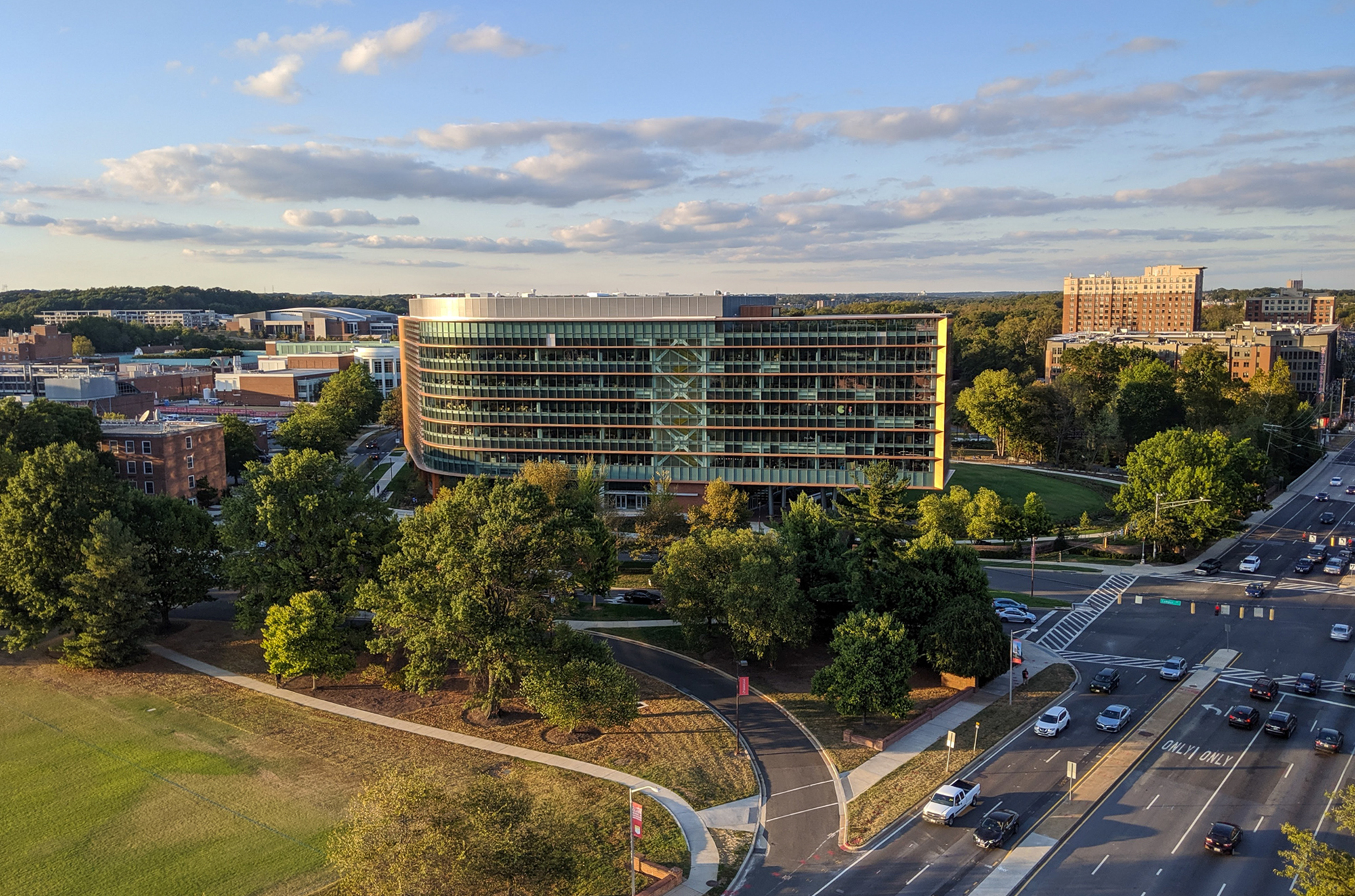When Amitabh Varshney became the dean of the computer, mathematical and natural sciences college in March 2018, he noticed something missing.
While the department was helping undergraduate and graduate students, it wasn’t providing resources to people already in STEM-related jobs who might want to explore new areas in the field.
So, at his first college-wide retreat last summer, Varshney proposed a learning initiative offered through the university for professionals to take classes. And next month, Varshney’s idea will come to fruition with the launch of the University of Maryland’s Science Academy.
The Academy, which will be taught by staff from his college as well as the engineering school, will offer working professionals one of two master’s degrees of Professional Studies in Data Science and Machine Learning — concepts Varshney said are vital to the current STEM workforce.
“One of the big challenges now is that a lot of the fields that we are in are changing quite rapidly,” Varshney said. “Twenty years ago, [these subjects] barely existed. And it would be a shame for the working professionals of the area not to know the details of this.”
[Read more: UMD’s most popular honors program is being restructured]
When it opens in late November, the Academy will only offer two master’s programs, but that number is likely to increase, Varshney said. To earn the master’s degree, students must take 10 classes, taking up to two classes every 12-week term. That way, they can earn the degree in 15 months.
Students in the Data Science program can also choose to take the smaller, 12-credit Graduate Certificate Program.
Sophomore Vik Patel said he thought the Academy was a good idea, agreeing with Varshney on the importance of the initiative.
“Right now, the current CS degrees are very broad. [Machine learning and data science] are not taught that much,” said Patel, a computer science major. “Those two fields are actually very popular right now, especially in this area.”
The current classes will all be in-class instruction, but Varshney said he hopes future programs will intertwine in-class with online education. He said that online education by itself is often ineffective.
“The online education, the way it is practiced [right now], is very passive. You just watch a video,” he said. “A lot of learning comes from doing, not just watching. There needs to be a healthy mix of seeing as well as acting on it.”
[Read more: Epsilon Eta fraternity focuses on educating campus about environment, sustainability]
Amy Chester — who earned her master’s degree from this university and previously served as the senior assistant dean for the Georgetown University School of Continuing Studies — will direct the Academy. And Michael Cummings, a biology professor and the Center for Bioinformatics and Computational Biology’s director, will serve as the Data Science program’s director.
Cummings said the field is becoming more important for STEM jobs, but it’s often overlooked in traditional curricula.
“There’s a growing importance across society that decisions and inferences should be made on the basis of data as opposed to emotions or biases,” he said. “The ability to come up with designs and mechanisms for analyzing, processing, storing these datasets, is something that requires more specific training.”
He said that regardless of the department or field, it’s the responsibility of this university to prepare people for success in their profession — even when they’ve already entered it.
“We should think about expanding education to people besides traditional undergraduate and graduate students,” Cummings said. “It’s a part of the mission of our university.”



